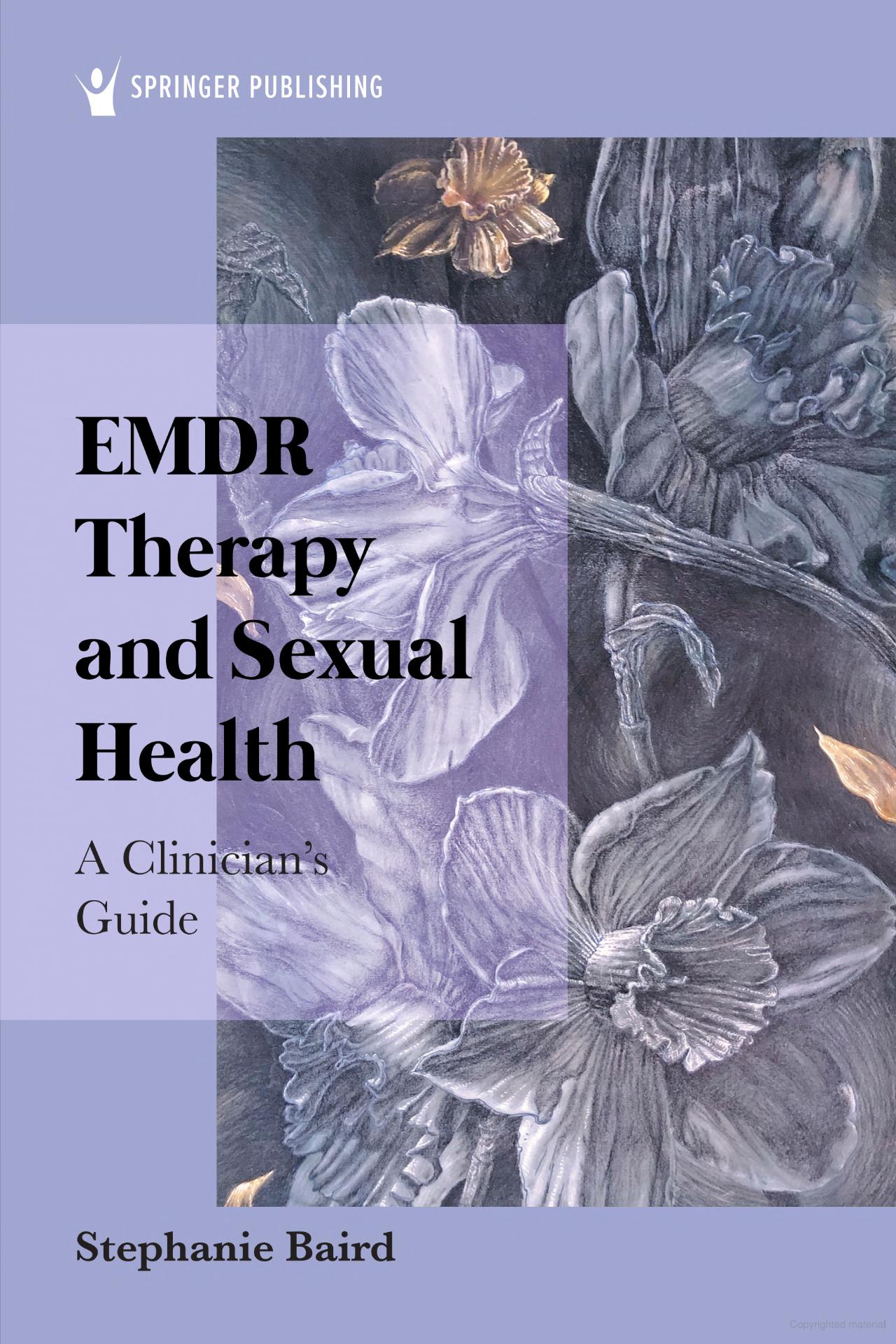Utilising EMDR to address trauma with an autistic person with a history of sexual offending
Case study on unique needs of addressing trauma with someone with autism spectrum disorder to deliver effective therapeutic interventions.
Chapter Abstract
“This case study explores the formulation and treatment of an adult male with a sexual offending history in a secure setting in England. He was detained under the Mental Health Act (MHA) and was diagnosed with autism spectrum disorder (ASD), with a comorbid diagnosis of post-traumatic stress disorder (PTSD), which contributed to his sexual offending risk. Eye movement desensitisation and reprocessing (EMDR) was the mode of therapy delivered to address trauma, and this case study explores necessary adaptations required to be responsive to the client’s ASD for EMDR to be effective. Psychometric, self-report, and observational evidence highlighted the effectiveness of EMDR in reducing PTSD symptomology and enhanced understanding of the case formulation. The implications of this are discussed, and this case study highlights the individual needs that a person with ASD may need responding to for delivering effective therapeutic and risk reduction interventions.”
—Description from publisher
Chapter Access
Purchase/Subscription Required
Shelton, L. (2022). Utilising EMDR to address trauma with an autistic person with a history of sexual offending. In R. J. Tully & J. Bamford (Eds.), Further case studies in forensic psychology: Clinical assessment and treatment. London: Routledge. https://doi.org/10.4324/9781003213116
Date
December 20, 2022
Creator(s)
Lyn Shelton
Topics
ADHD/Autism/Neurodiversity, PTSD, Sexual Trauma
Client Population
Offenders/Perpetrators
Extent
19 pages
Publisher
Routlege
APA Citation
Shelton, L. (2022). Utilising EMDR to address trauma with an autistic person with a history of sexual offending. In R. J. Tully & J. Bamford (Eds.), Further case studies in forensic psychology: Clinical assessment and treatment. London: Routledge. https://doi.org/10.4324/9781003213116
Audience
EMDR Therapists, Other Mental Health Professionals
Language
English
Content Type
Chapter
Access Type
External Resource





